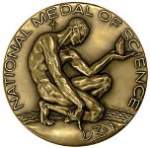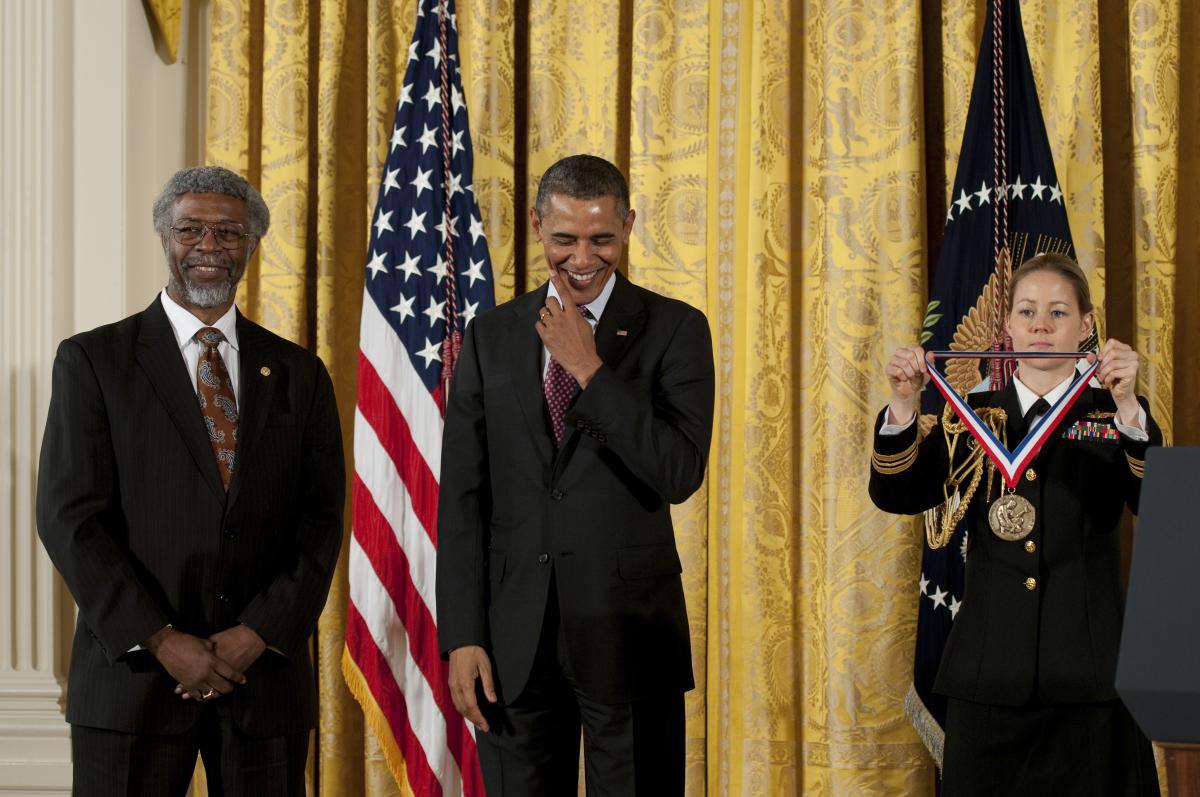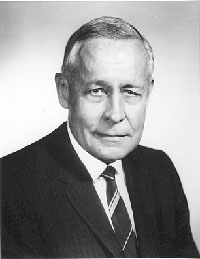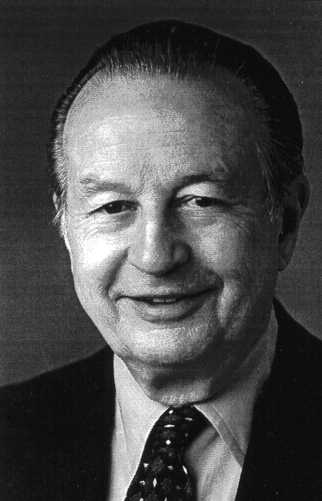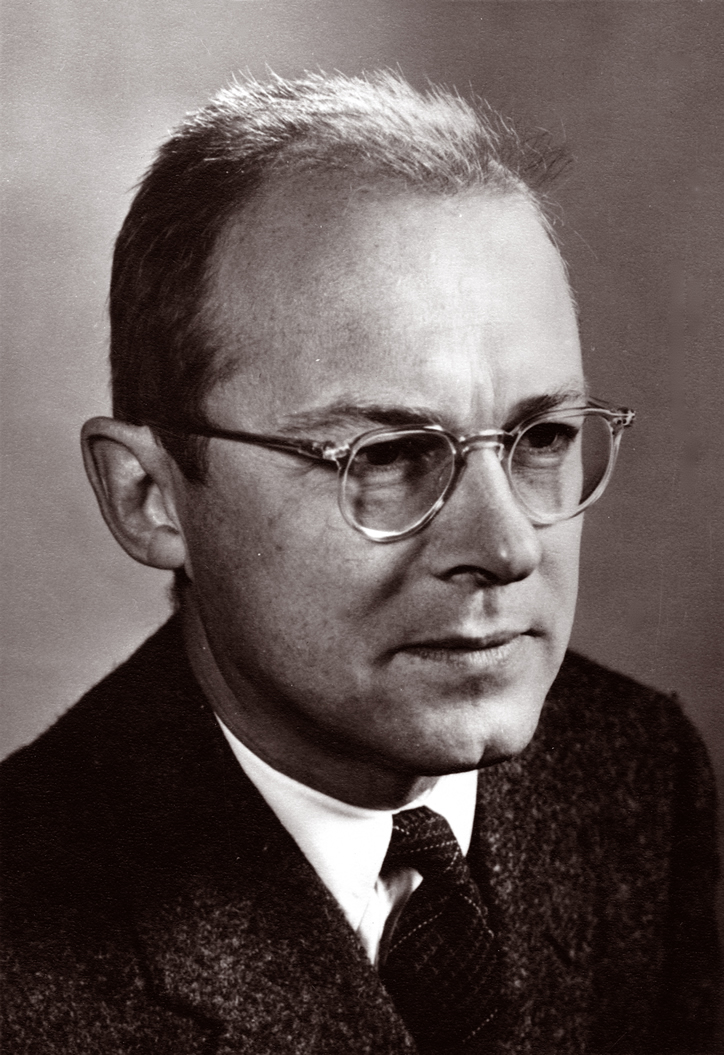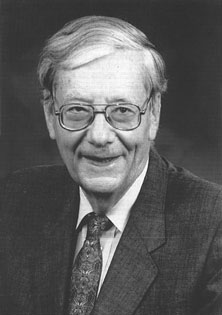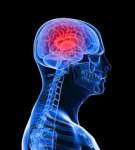Mildred Cohn National Medal of Science Awarded In 1982

Mildred Cohn
Award Name : National Medal of Science
Year of Award : 1982
Award for : Biology
Location : East New York, New York, United States
Mildred Cohn was an American biochemist who furthered understanding of biochemical processes through her study of chemical reactions within animal cells. She was a pioneer in the use of nuclear magnetic resonance for studying enzyme reactions, particularly in Adenosine triphosphate (ATP). She received the nation's highest science award, the National Medal of Science, in 1982. Cohn was born in New York City on July 12, 1913, to Isidore and Bertha Cohn. Her father, trained as a rabbi in Russia, became a “militant atheist” involved in the Yiddish culture movement in New York. He worked in the garment and printing industries.
After graduating from high school at the age of 14, Cohn earned a bachelor’s in chemistry in 1931 at Hunter College and earned a master’s in 1932 and a Ph.D. in physical chemistry in 1938, both at Columbia University. She was a postdoc at George Washington University with Vincent du Vigneaud and a research associate at Cornell University’s medical school. In 1946, she began her long association with the Carl and Gerty Cori lab at Washington University and was promoted to associate professor in biochemistry in 1958 but left for the University of Pennsylvania School of Medicine, where she became a full professor in 1961. She was the Benjamin Rush Professor Emerita of Physiological Chemistry in the biochemistry and biophysics department. She won the National Medal of Science in 1982 and was named to the National Women’s Hall of Fame shortly before her death in 2009.
